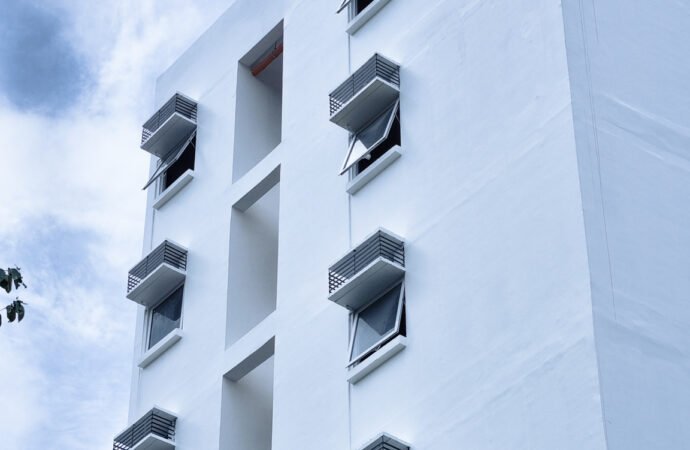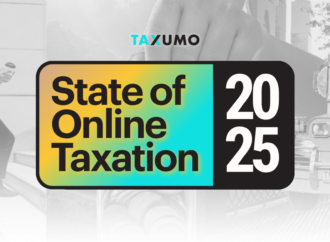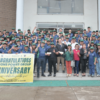Since we started Woke Coliving in 2018, we set our goals to play a role within the SDGs framework, to impact the environment and to help the local communities to improve their living standards. By managing coliving communities, we really have the opportunity to bring sustainability up from the building to the community level. Almost
Since we started Woke Coliving in 2018, we set our goals to play a role within the SDGs framework, to impact the environment and to help the local communities to improve their living standards. By managing coliving communities, we really have the opportunity to bring sustainability up from the building to the community level.
Almost 40% of the annual CO2 emissions comes from the building and construction world and, out of this, 70% comes from building operations.
As an architect, I worked for the past 18 years designing projects across the globe and very rarely I have encountered sustainable buildings that pursue sustainability beyond the building itself. I mean, you can have a theoretically net-zero building, but if the community that uses it doesn’t have a sustainable approach to living, part of your efforts as designer and builder will be wasted.
In 2007, in my early days as an architect, I visited the BedZed in the UK, one of the first and most successful sustainable communities ever developed. BedZed, acronym for Beddington – its location – and Zero Emission Development, is a residential project in the British countryside, not too far from London. I went there riding my Vespa with no GPS and surprisingly it took me quite some time to find it, as the site was not advertised despite its famous pioneeristic approach. Upon entering the development, I noticed how much the architecture of BedZed was inspired by its sustainable approach: wind chimneys to promote natural ventilation, PV panels, green roofs, big windows (that compromised privacy a bit), sustainable materials and appliances. While sneaking around the private development, I was lucky enough to be invited by James, one of the residents, to visit the inside of his unit. James was a BedZed enthusiast. He proudly showed me his planters full of vegetables that he cultivated together with his next door neighbors. James explained to me that the BedZed community had a direct and effective sustainable approach to its daily life. For example, the use of cars was highly discouraged among residents, and James was riding his bicycle to London. Each house displayed a clear metering system to help residents monitor their utilities. Residents could benchmark their own consumption against the rest of the community, and no one wanted to be the one consuming the most. James told me that this benchmarking approach was particularly effective as he really felt the pressure to be among the “good residents” and was also a good reason to compete and have fun in BedZed. When it came the time to leave BedZed and James saw me on my Vespa, he scolded me, saying that next time I should have used public transport, because the bus stop is just conveniently right next to BedZed.
Since we started Woke Coliving in 2018, we set our goals to play a role within the SDGs framework, to impact the environment and to help the local communities to improve their living standards. By managing coliving communities, we really have the opportunity to bring sustainability up from the building to the community level. Our locations and proximity to the CBDs (Central Business Districts) promote walk-to-office culture and reduce the dependency from vehicular transportation. This directly reduces the individual’s carbon footprint. Our newly built project in Mandaluyong was designed to maximize natural light and ventilation in all living areas, thus reducing dependency from the energy providers that, similarly to BedZed, are metered individually and are paid per use. Finally, moving from a sustainable approach to a design perspective, in the end I am still an architect, our building almost triples the occupancy of a traditional residential building, reducing the square meter per person from 24 to 8. Less buildings, more room for green and public spaces.
Coliving delivers tangible benefits to the people and the way they live, work and play. As operators and community managers, we have the responsibility to create awareness about wellness and influence sustainable living. Stepping forward with simple choices and small sacrifices creates a positive impact on our lives and the world we live in.



















Leave a Comment
Your email address will not be published. Required fields are marked with *